Focus on Research
Introducing exciting studies led by female scientists at Hiroshima University, pushing the boundaries of knowledge within and beyond Japan.
Spotlight on women in science!
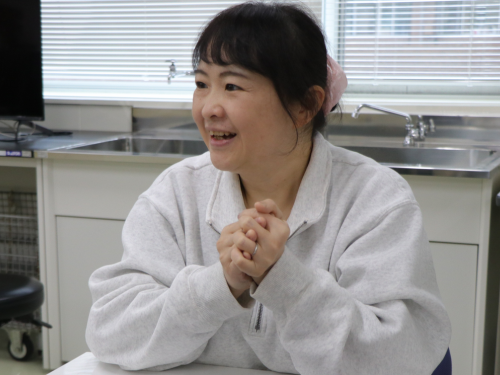
Associate Professor Kaori Wakabayashi, Graduate School of Integrated Sciences for Life
A marine biologist is inching closer to conquering science’s over 120-year pursuit to farm lobsters by letting these “dragons of the sea” get real weird.
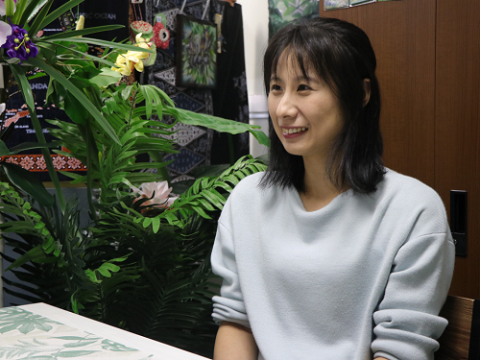
Associate Professor Miyabi Nakabayashi, Graduate School of Integrated Sciences for Life
Out of this living laboratory emerged unexpected insights on coexistence from an “unusual” source.
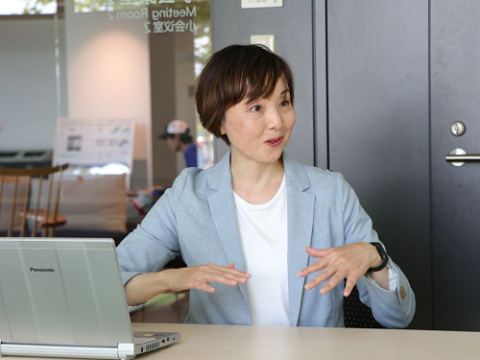
Associate Professor Saori Kashima, The IDEC Institute
What does healthy aging look like? For answers, Hiroshima University environmental health expert Dr. Saori Kashima taps into a new science dedicated to Earth’s longevity.
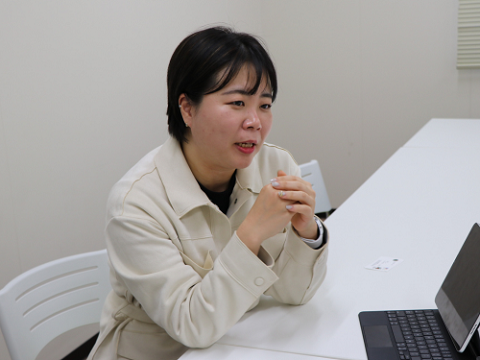
Assistant Professor Ji Ha Lee, Graduate School of Advanced Science and Engineering
We sat down with Dr. Ji Ha Lee to get to know her and her work on developing recyclable and degradable gels that can replace plastics as well as nanogels that can help with targeted drug delivery.
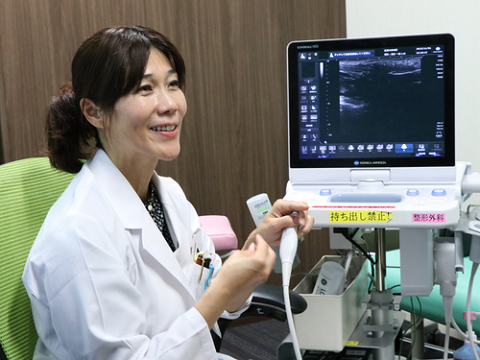
Associate Professor Yuko Nakashima, Hiroshima University Hospital
The ability to see what’s happening inside the body in real-time and at a high resolution is a capability that ultrasound grants orthopedists at a low cost to patients. Ultrasound-guided diagnosis, however, remains relatively new in the field. Dr. Yuko Nakashima is here to change that for Japan with the help of her fellow “e-girls.”

Associate Professor Dahlia Simangan, Graduate School of Humanities and Social Sciences
Simangan talks about her research on peacebuilding, dealing with biases, and the importance of asking, “Who is our research for?”

Professor Yoko Shimpuku, Graduate School of Biomedical and Health Sciences
What started as an immersion trip for her Ph.D. degree ended up as a catalyst that sparked a dedication towards improving prenatal care quality in Tanzania and mentoring emerging midwifery leaders


 Home
Home

